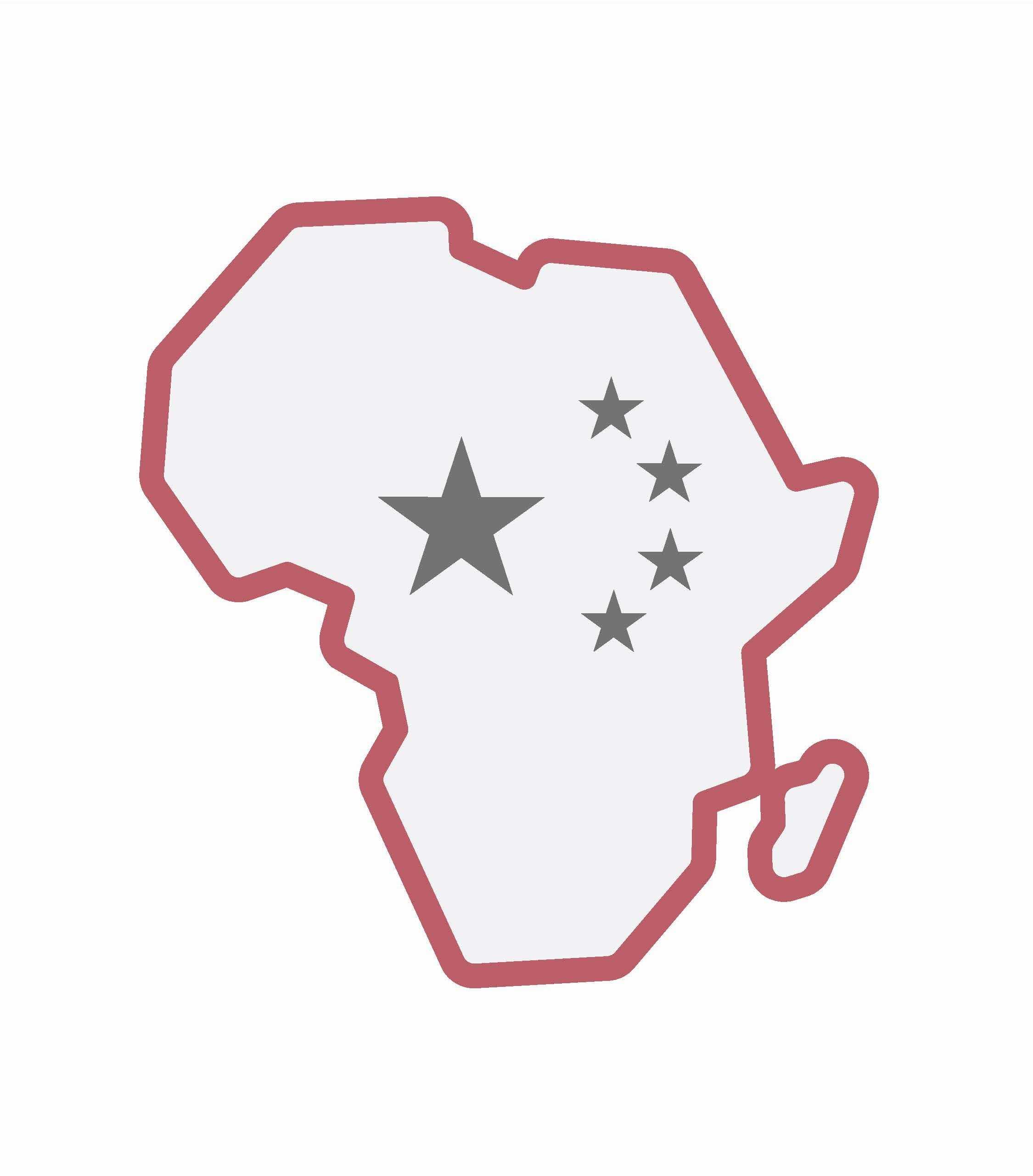Home>Four Questions on China in Africa.

16.05.2019
Four Questions on China in Africa.
Interview with Christopher Alden
Professor Chris Alden teaches International Relations at the London School of Economics and Political Science (LSE) and is a Research Associate with the South African Institute of International Affairs (SAIIA). He is the author and editor of numerous books, including China in Africa (Zed 2007), Land, Liberation and Compromise in Southern Africa (Palgrave/Macmillan 2009), The South and World Politics (Palgrave 2010), Foreign Policy Analysis – new approaches 2 nd edition (Routledge 2017), and co-editor of China and Mozambique: From Comrades to Capitalist (Johannesburg: Jacana 2014), China Returns to Africa (Hurst 2008), China and Africa – Building Peace and Security Cooperation on the Continent (Palgrave 2017).
Professor Alden is currently visiting scholar at CERI and has agreed to answer to some of our questions on the China/Africa relationship. Chris Alden has been working on this topic since 1990, when he moved to South Africa to do field work for his PhD on South African foreign policy. While teaching at Wits University in Johannesburg, he set up with a colleague the “East Asia Project” which started the first academic study of this topic based in the region.
What have been the main steps of China’s increasing presence and involvement in Africa and how has China managed to generate such dependency of some African States?
African resources remain the top driver, reflected in the trade data, but also diplomacy of recognition as well as a search for markets for Chinese firms and goods. The ability to provide development finance has played a key role in the rapid growth of the Chinese presence in African economies.
However, least when it comes to debt – there are specific countries like Kenya, Cameroon, Zambia and others which have a very high proportion of their domestic debt owed to China but plenty of others have diversified their borrowing and therefore are not in a dependent position to one country.
What would happen to African economies if the Chinese domestic market continued to drop off?
When oil prices fall or when global growth slows, countries like Angola experience shocks as they did after 2014. Problems like scheduled repayments on loans become difficult and African governments have to find ways of managing their shortfalls.
How far does China interfere in domestic affairs and is there any resistance to the Chinese presence by local population?
China’s involvement in domestic affairs in African countries begins, as it would with any external actor, from the point of putting major investments into the local economy. With an economic stake in place, naturally firms become exposed to the risks and issues of operating there; seeking ways to preserve their interests becomes increasingly important and is mediated in scope by the nature risks they face and complexity of local politics.
Second, It is hard to generalise about something like resistance or security issues that would be faced by Chinese authorities in Africa. African societies have seen the Chinese as sources of new employment and infrastructure in some cases while in others they are experienced as competitors or negatively in areas like illegal logging and wildlife trade.
Investing in Africa is part of a Chinese grand strategy. What could be the next steps in what is commonly called "the Global South"?
The Belt and Road Initiative is the overarching vehicle for Chinese aspirations in the Global South and developing countries have by and large signed up to it. This amounts to a global strategy predicated on development and in that sense is very attractive to the Global South.
Interview by Miriam Perier, CERI
Follow us
Contact us
Media Contact
Coralie Meyer
Phone : +33 (0)1 58 71 70 85
coralie.meyer@sciencespo.fr
Corinne Deloy
Phone : +33 (0)1 58 71 70 68
corinne.deloy@sciencespo.fr
